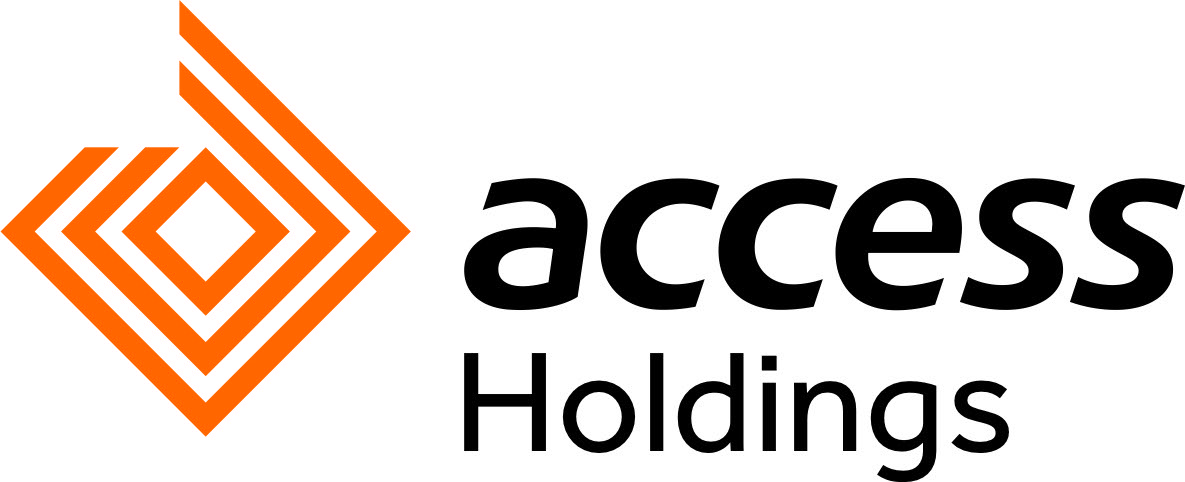· Net interest income of N62.12billion, down 1.91%q/q , up 14.98%y/y
· Non-interest income of 30.30billion, down 14.90%q/q, up 4.59%y/y.
· Profit before tax of N57.64billion, up 11.90%q/q, 9.38% y/y.
· Profit after tax of N48.01billion, up 8.62%q/q, 5.09%y/y..
Lower Impairment Supports q/q performance
Recently, Guaranty Trust bank released its Q3 2020 result which showed a 11.90%q/q increase in PBT. This was driven by a 39.13%q/q decline in loan impairment in Q3 2020. This is largely in line with our expectation for an improvement in asset quality as economic activities improve due to the easing of the lock down. However, Net Interest Income (NII) and Non-interest income were down by 1.91%q/q and 14.90%q/q respectively in Q3 2020. We believe the decline in Net Interest Income may not be unconnected to less appetite to grow loan book in the face of weak macroeconomic condition. We highlight net loan only grew by 4.46%ytd at the end of Q3 2020 having grown by 8.2% at the end of Q2 2020. In line with the direction of rates in the financial market, Net Interest Margin fell to 9.48% at the end of Q3 2020 compared to 9.74% in Q2 2020 but better than 9.28% in FY 2019. We further highlight that the bank’s margin was better than 8.30% for Zenith in the same period. Elsewhere, Non-interest income was down due to a 52.76%q/q decline in Other Income on the back of FX revaluation loss of N281million (FX revaluation gain of N13.45billion in Q2 2020) and a Mark to market loss on trading investment of N291million (from N1.91billion gain in Q2 2020). Although, a 19.35%q/q improvement in Net fees and Commission reduced the impact of the decline in trading and FX related income as the Bank continues to leverage on its online platform.
NII and Non-Interest Improve on a y/y basis
On a y/y basis, Net Interest Income and Non-interest income were up by 14.98% and 4.59% to N40.79billion and N16.08billion. Resultantly, the bank’s Profit Before Provisions and OPEX improved by 8.65% y/y to N57.59billion.
As a result of the 2.25%y/y (down 27.73%q/q) decline in OPEX, cost to income ratio declined to 40.18% from 43.15% at the end of Q2 2020. This is just above the bank’s 2020 guidance of 40% for cost to income ratio. Nonetheless, the bank’s Cost to income ratio is the well below peers. The bank’s cost of risk rose to 0.63% from 0.41% in Q2 2020 and 0.34% in FY 2019. We believe this was due to the jump in credit losses. Despite the jump in loan impairment (+626.03%y/y), a combination of a decline in OPEX and improvement in NII and Non-Interest Income drove PBT up by 9.38%y/y to N57.64billion in Q3 2020.
Higher Loan Impairment Drags 9M performance
For 9M performance, PBT fell by 1.93% due to the 2.91% decline in Non-Interest Income and 282.68% jump in Loan Impairment which offset the impact of 1.80% increase in Net Interest income. As a result of the jump in loan impairment and 9.73% increase in OPEX, PBT declined to N167billion in 9M 2020.
The bank’s NPL ratio decline to 6.51% from 6.53% in December 2019. However, this is well above the bank’s NPL guidance of less than 5% in 2020.
Outlook
As most banks already applied for loan restructuring with the CBN, we expect the effect of the current pandemic on asset quality to be managed through this loan restructuring process. In the same vein, with the gradual resumption of economic activities, we expect overall performance of assets to improve. We still believe the bank may focus on its risk management and cost containment strategy in 2020. As such, we doubt the possibility of meeting up with its loan growth target of 13% by year end. Consequently, we think the bank’s current LDR ratio of 47.51% may not reach 63% target of the bank at the end of 2020.
Elsewhere, we expect trade related commission to improve as international trade transactions improve. Nonetheless, the continuous fall in asset yields may continue to put pressure on Net Interest Margin.
Elsewhere, we think the bank’s CAR of 23.85%, which is well above regulatory requirement of 15%, places it on a strong footing to weather the looming storm.
In the same vein, with the bank’s plan on Hold Co. structure, we expect this to be positive for its shareholders in the long run as the bank diversifies its business into non-bank services.
Overall, while we think the current pandemic, coupled with recent social unrest in the country, is still a major risk to banks, we believe GTB is one of the quality names in the sector which should thrive as the bank remains resilient (efficiency and strong capital base) in the face of weak macroeconomic environment.
Source: InvestmentOne Report













